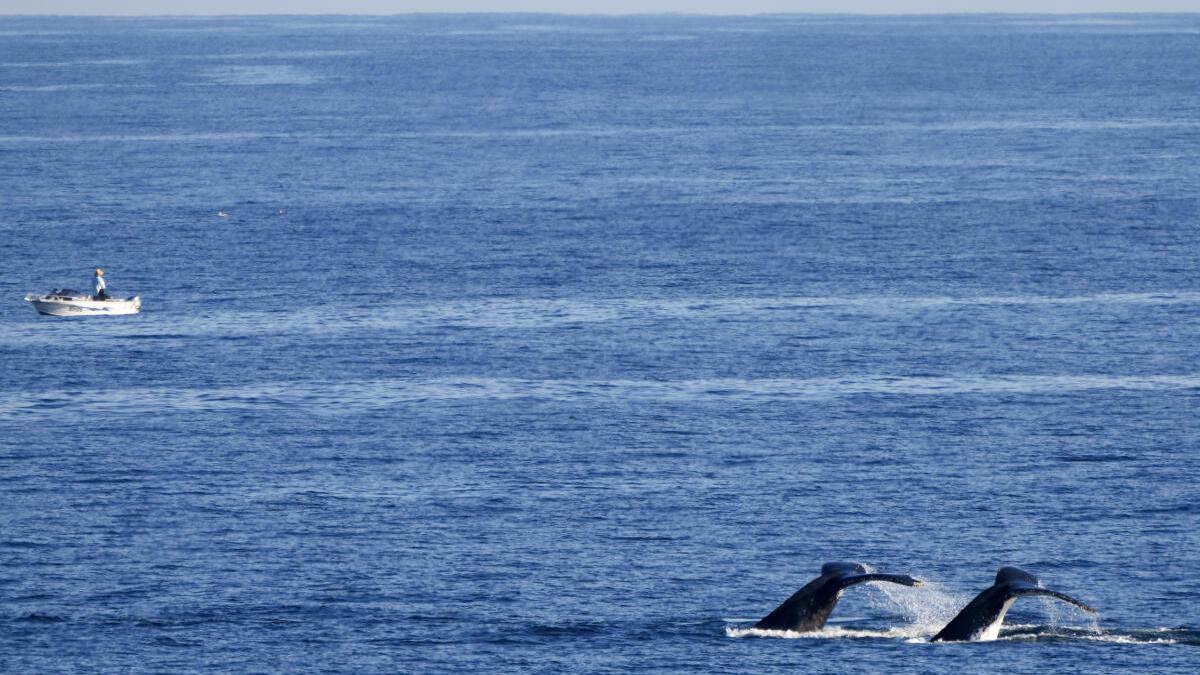
19-million-year-old fossil jaw bone hints the biggest whales first evolved somewhere unexpected Premium
The Hindu
Baleen whales are the titans of the ocean, the largest animals to have ever lived. The record holder is the blue whale (Balaenoptera musculus), which can reach lengths of up to 30 metres. That’s longer than a basketball court.
Baleen whales are the titans of the ocean, the largest animals to have ever lived. The record holder is the blue whale (Balaenoptera musculus), which can reach lengths of up to 30 metres. That’s longer than a basketball court.
However, throughout their evolutionary history, most baleen whales were relatively much smaller, around five metres in length. While still big compared to most animals, for a baleen whale that’s quite small.
However, new fossil discoveries from the Southern Hemisphere are beginning to disrupt this story. The latest is an unassuming fossil from the banks of the Murray River in South Australia.
Roughly 19 million years old, this fossil is the tip of the lower jaws (or “chin”) of a baleen whale estimated to be around nine metres in length, which makes it the new record holder from its time. This find has been published today in the journal Proceedings of the Royal Society B: Biological Sciences.
Most mammals have teeth in their mouth. Baleen whales are a strange exception. While their ancestors had teeth, today’s baleen whales instead have baleen – a large rack of fine, hair-like keratin used to filter out small krill from the water.
This structure enabled baleen whales to feed efficiently on enormous shoals of tiny zooplankton in productive parts of the ocean, which facilitated the evolution of larger and larger body sizes.
Various groups of toothed whales terrorised the ocean for millions of years, including some that were the ancestors of the toothless baleen whales. Yet at some time between 23 and 18 million years ago these ancient “toothed baleen whales” went extinct.





















 Run 3 Space | Play Space Running Game
Run 3 Space | Play Space Running Game Traffic Jam 3D | Online Racing Game
Traffic Jam 3D | Online Racing Game Duck Hunt | Play Old Classic Game
Duck Hunt | Play Old Classic Game











